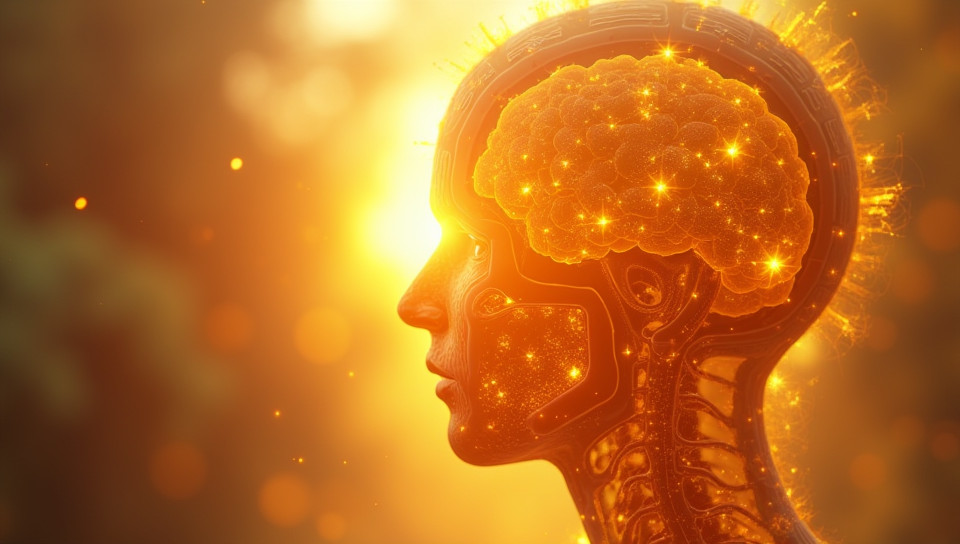Low vitamin D levels are linked to depression 91%

The Sunlight-Happiness Connection: Uncovering the Link Between Vitamin D and Depression
As we navigate the complexities of mental health, researchers continue to uncover fascinating connections between our physical environment and emotional well-being. One such discovery has shed light on a surprising culprit behind depression: low levels of vitamin D.
The Importance of Vitamin D
Vitamin D is often referred to as the "sunshine vitamin," as our skin produces it when exposed to sunlight. It plays a vital role in maintaining strong bones, immune function, and even cardiovascular health. However, its effects extend far beyond physical well-being, influencing our mood and mental state.
The Depression-Vitamin D Connection
Studies have consistently shown that individuals with depression are more likely to have low levels of vitamin D. In fact, research suggests that up to 50% of people with depression may be experiencing vitamin D deficiency or insufficiency. This link is not merely coincidental; there's a compelling biological explanation.
How Vitamin D Affects the Brain
Vitamin D receptors are present in areas of the brain involved in mood regulation, such as the hippocampus and amygdala. When levels of vitamin D are low, it can disrupt normal brain function, leading to symptoms of depression. Moreover, research has shown that vitamin D may influence the production of neurotransmitters like serotonin and dopamine, which play a critical role in mood stabilization.
Risk Factors for Vitamin D Deficiency
- Limited sun exposure
- Dark skin tone
- Obesity
- Certain medical conditions (e.g., liver or kidney disease)
- Medications (e.g., steroids, anticonvulsants)
These factors can increase the risk of developing low vitamin D levels and subsequent depression.
Breaking the Cycle: Treatment and Prevention
Fortunately, addressing low vitamin D levels is a relatively straightforward process. Maintaining adequate sun exposure, taking vitamin D supplements, or consuming vitamin D-rich foods (such as fatty fish, egg yolks, and fortified dairy products) can help alleviate symptoms of depression. Additionally, engaging in regular exercise, practicing stress-reducing techniques like meditation or yoga, and fostering social connections can further support mental well-being.
Conclusion
The connection between low vitamin D levels and depression is a vital area of research, with far-reaching implications for our understanding of mental health. By recognizing the importance of vitamin D in maintaining emotional balance, we can empower individuals to take proactive steps towards prevention and treatment. As we continue to explore the intricate relationships between physical and mental well-being, one thing is clear: acknowledging the sunlight-happiness connection has the potential to transform lives.
- Created by: Robert Lopez
- Created at: Oct. 13, 2024, 2:14 p.m.
- ID: 12424








